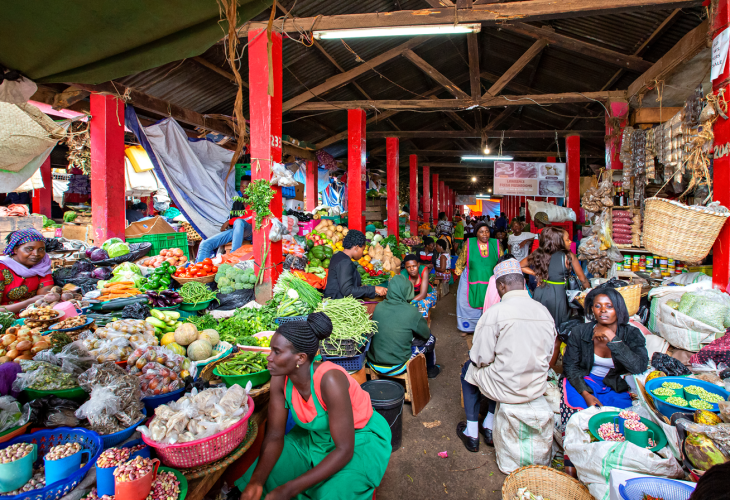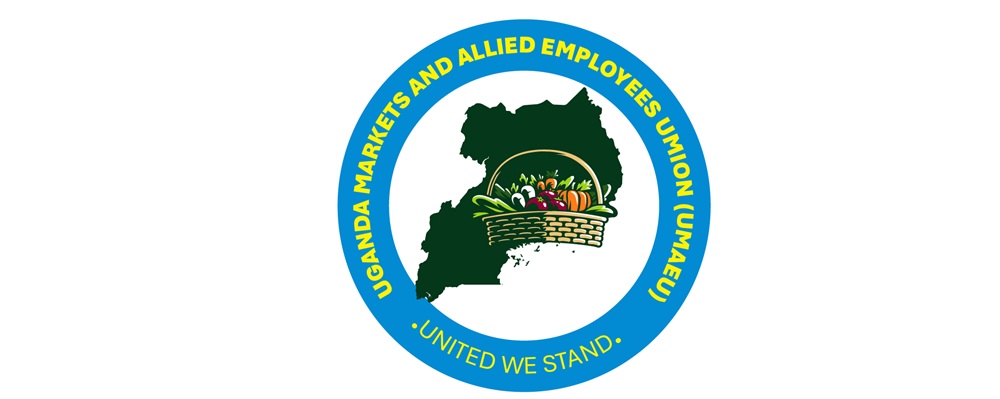Technology is Revolutionizing Unions
June 2, 2021

Kampala, Uganda – The Uganda Markets and Allied Employees Union (UMAEU) did not emerge overnight. Its formation was a response to decades of systemic challenges faced by market vendors—a group long neglected despite being the lifeblood of Uganda’s informal economy. To understand UMAEU’s significance today, we must revisit its historical foundations, tracing the struggles and triumphs that shaped this vital labor movement.
Foresee the pain trouble that are bond ensue How all this mistaken denouncing pleasure praising system obligations of it the wise man therefore always holds the wise man therefore.
For generations, market vendors in Uganda operated without formal recognition or protection. Before the 2000s, vendors faced:
Arbitrary evictions by city authorities without compensation.
Exploitative taxation and daily fees imposed by local governments.
No legal representation, leaving them vulnerable to harassment and corruption.
Poor working conditions, with many markets lacking sanitation, security, or proper infrastructure.
Women, who dominate the sector, bore the brunt of these challenges, enduring sexual harassment, confiscation of goods, and exclusion from decision-making processes.
In the early 2000s, a wave of labor activism swept across Uganda, with informal workers demanding recognition. Inspired by ILO Convention 204 (2015)—which called for the formalization of informal labor—vendors began organizing.
2008-2010: Grassroots Mobilization
Small vendor associations in Kampala, Jinja, and Mbale started holding meetings to discuss common grievances.
Leaders emerged, including market chairpersons and women vendors, who pushed for a unified national union.
2012: Official Registration
UMAEU was formally registered under the Ministry of Gender, Labour, and Social Development (Labour Union No. 23).
It became the first union in Uganda exclusively representing market vendors and allied workers.
2014: Affiliation with NOTU
UMAEU joined the National Organization of Trade Unions (NOTU), gaining a stronger platform for national advocacy.
2015-2018: Landmark Victories
Successfully lobbied for market reforms in Kampala, reducing illegal fees.
Won court cases against forced evictions in Mbarara and Lira.
Partnered with NGOs to provide health and safety training for vendors.
UMAEU’s emergence marked a turning point for Uganda’s informal workers, proving that even those outside traditional employment structures could organize effectively. Its success inspired other informal sector unions, such as:
Boda-Boda (motorcycle taxi) associations
Domestic workers’ unions
Street vendors’ cooperatives
Early on, UMAEU faced resistance:
Authorities initially dismissed vendors’ demands, seeing them as unorganized and powerless.
Some leaders were arrested during protests against market evictions.
Skepticism among vendors who feared retaliation if they joined.
However, persistent advocacy and visible wins—such as securing legal market spaces and reducing harassment—gradually built trust.
From its humble beginnings, UMAEU has grown into a 400,000-strong union, with a presence in major markets nationwide. Its historical journey underscores key lessons:
Collective action works—even the most marginalized workers can demand change.
Women’s leadership is crucial—female vendors drove UMAEU’s growth.
Legal recognition matters—formalizing the informal sector protects workers.
UMAEU’s next phase involves:
Digital mobilization to reach younger vendors.
Expanding social protections (health insurance, pensions).
Strengthening partnerships with government and international labor organizations.
As Nalongo Fatuma, a founding member in Owino Market, puts it:
“We started with nothing but our voices. Now, no one can ignore us.”
